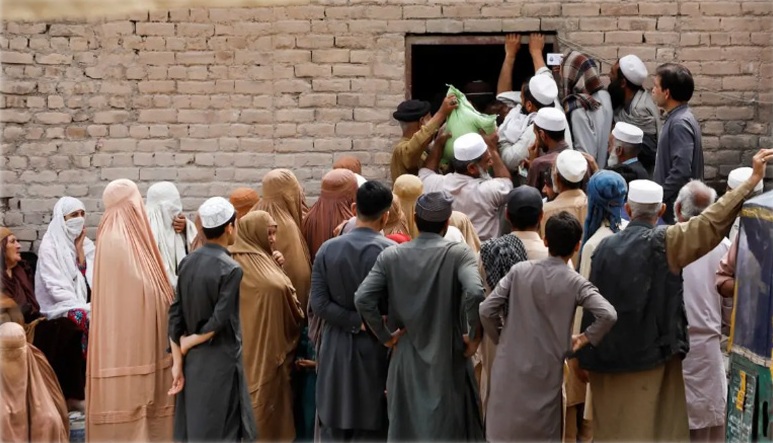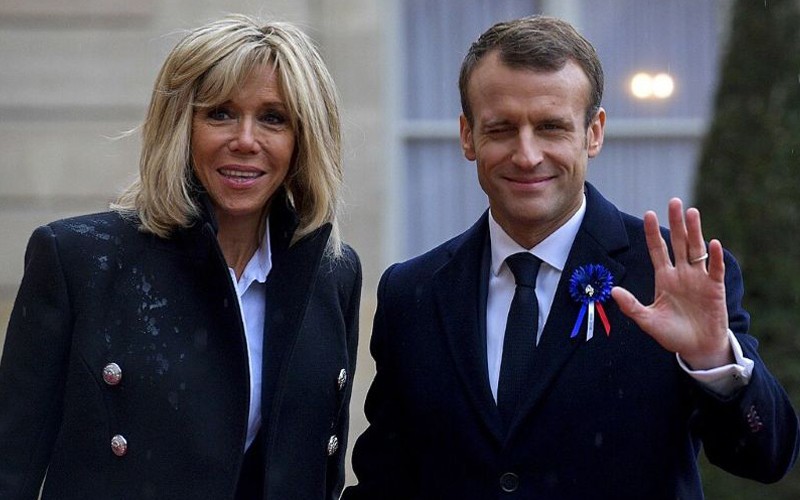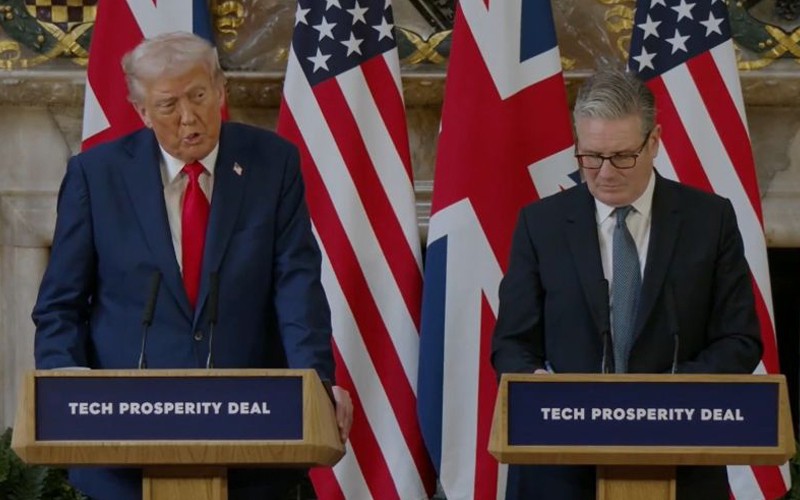Pakistan grapples with escalating crisis: A nation on the brink of collapse

Pakistan is on the brink of collapse. Its economic woes are well-documented, but the recent surge in terrorist attacks across the country paints a far more ominous picture. A disturbing pattern of targeted killings of militants, primarily those affiliated with groups like Lashkar-e-Taiba, Hizbul Mujahideen, and Jaish-e-Muhammed, has emerged in recent months.
The Diplomat recently did an article titled ‘Pakistan’s Never-ending Battle Against Terrorism‘ that talked about how terrorism will continue to plague the country unless the state takes action against their common denominator: religious extremism.
Just in the month of November alone, there have been 3 assassinations:
November 23, 2023: Ali Raza Abbasi, a Lashkar-e-Taiba commander, was shot dead in Karachi.
November 21, 2023: Hafiz Abdul Rahman Makki, a Jaish-e-Muhammed leader, was killed in a targeted attack in Lahore.
November 15, 2023: Riaz Basra, a Hizbul Mujahideen commander, was assassinated in Peshawar.
Pakistan’s history of supporting, encouraging and funding terrorist groups has backfired spectacularly. These assassinations raise serious concerns about Pakistan’s ability to contain its domestic security threats.
Pakistan’s economic woes have undoubtedly exacerbated the security situation. The financial strain has hampered the government’s ability to effectively combat terrorism, while the economic downturn has fuelled resentment and disillusionment among the populace, creating a fertile breeding ground for extremist ideologies.
Pakistan appears to be fast sliding into the category of a failing state, with no serious attempt being made to arrest the drift and revive the country on the pathway to a modern democratic and economically developed state, said Zahid Hussain, Author and Journalist, Pakistan.
The combination of a deteriorating economy and a volatile domestic security situation has pushed Pakistan dangerously close to becoming a failed state. A failed state is characterized by a lack of effective governance, the collapse of law and order, and the inability to provide basic services to its citizens. Pakistan is dangerously close to fitting this description.
Pakistan’s obsession with India has also been a source of frustration. In the absence of concrete evidence, Pakistani officials have been quick to point the finger at India, accusing it of involvement in these killings.
Rana Sanaullah, Pakistan’s Interior Minister, absurdly accused India of being involved in the killings of the terrorists, without providing any evidence. However, these accusations have been met with skepticism from the international community.
Pakistan’s obsession with India has hindered its ability to address the real challenges facing the country.
The Pakistani government’s response to these crises has been woefully inadequate. Instead of addressing the root causes of the country’s problems, the government has resorted to reactive measures, such as military operations and crackdowns on dissent, which have only served to further alienate the population and exacerbate the situation.
Pakistan’s descent into chaos is a tragedy not just for its own citizens but for the entire region. The country’s strategic location and its history of harbouring terrorist groups make it a breeding ground for instability, threatening to spill over into neighbouring countries and beyond.
(Photo and text courtesy: Khalsavox.com)



